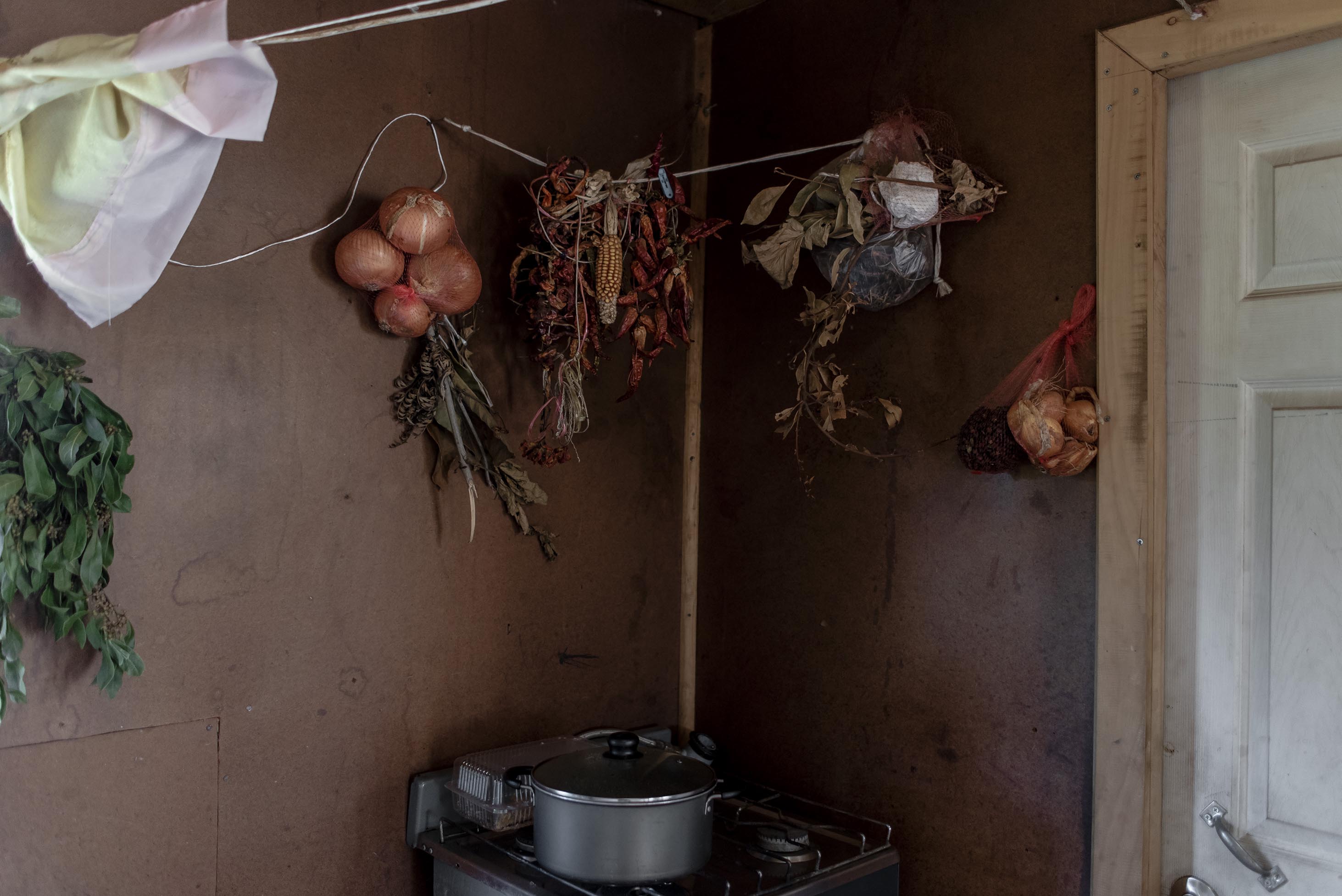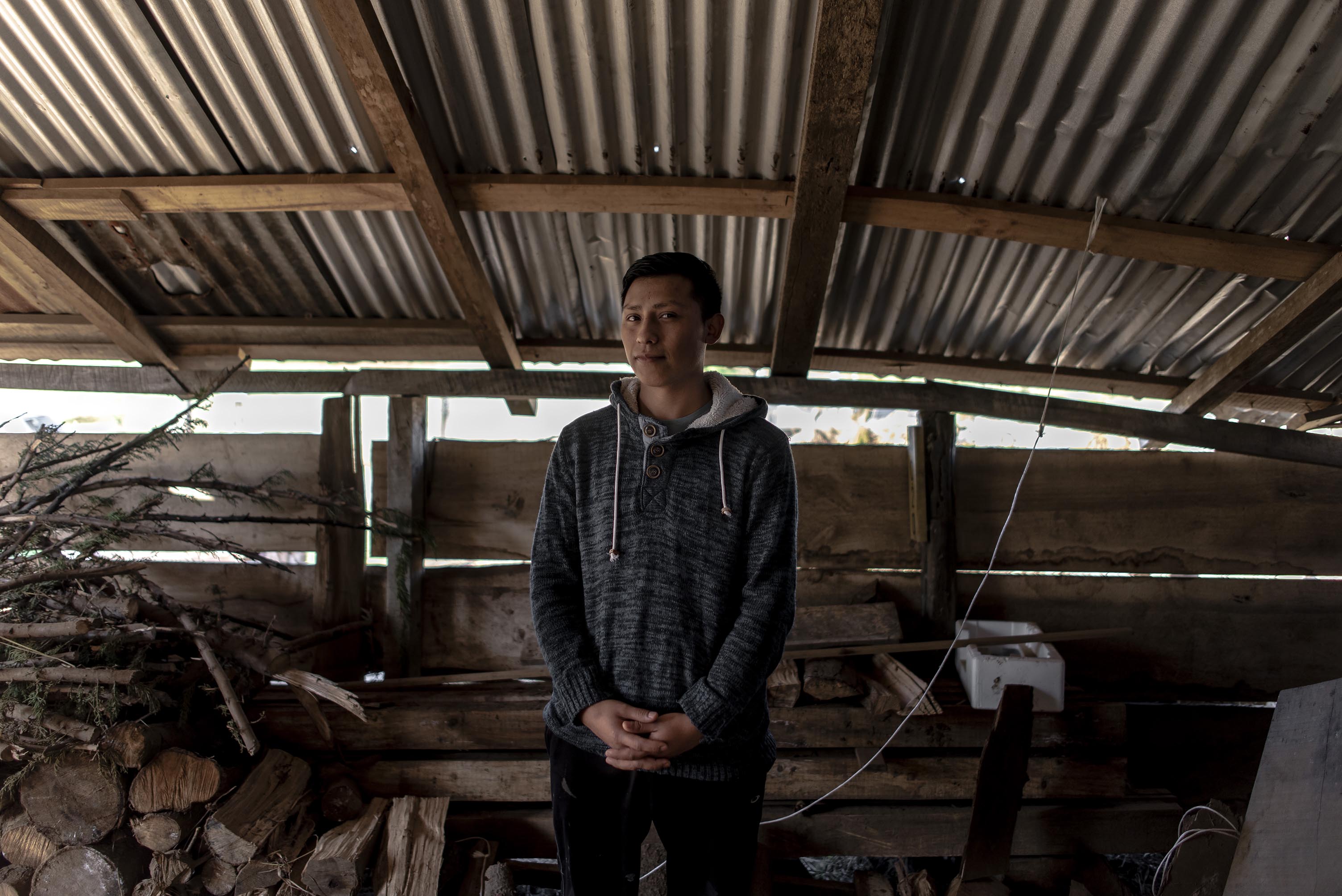A self-sufficient people
Teodoro Schmidt / La Araucanía / Chile
PHOTOGRAPHY Catalina Juger
TEXT Marisa Batalla
Commission for FIMI (english)
Encargo para FIMI (español)
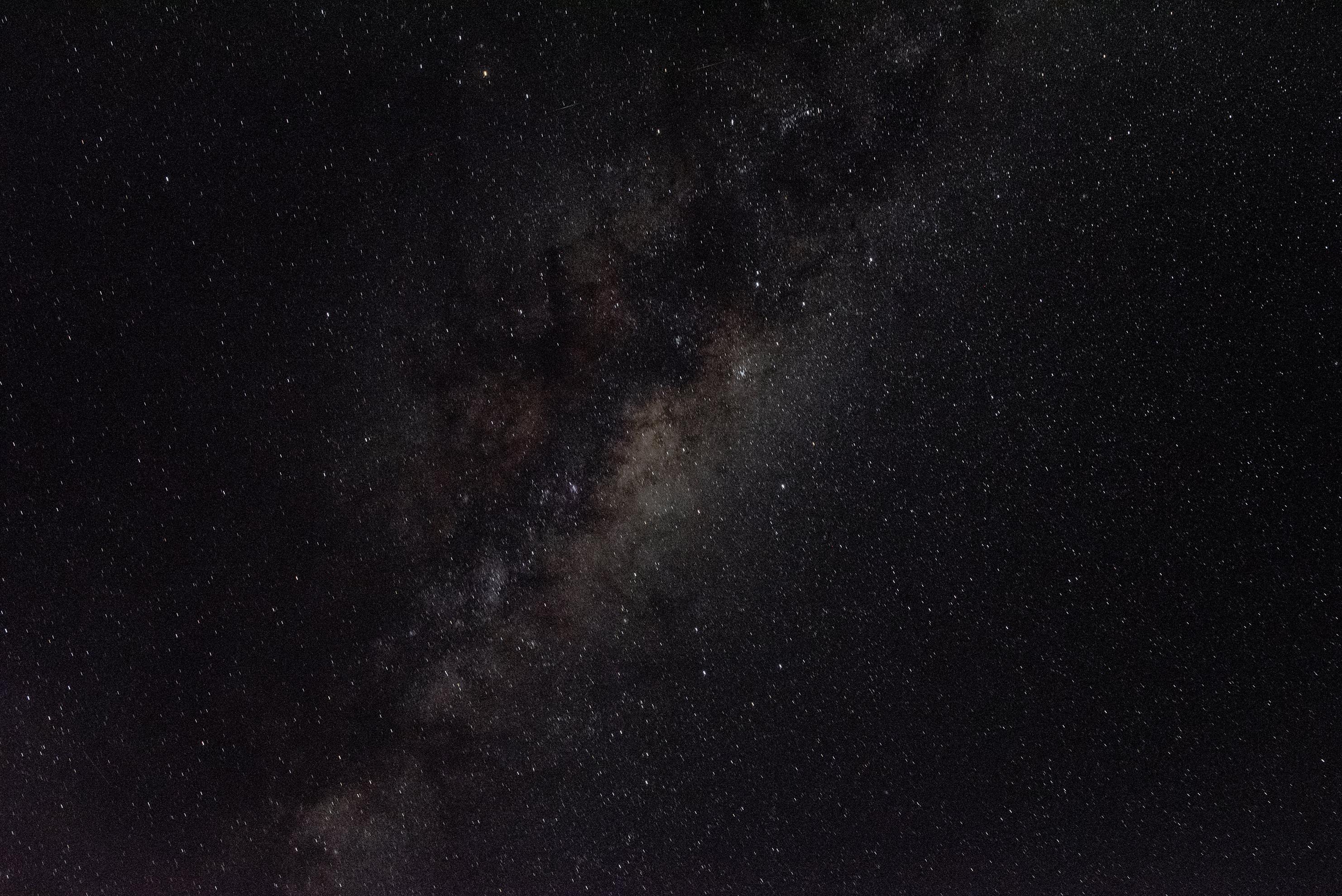
Every morning, Hermo Hernán Antilef thanks the creator for the health and life of his neighbors in the community of Teodoro Schmidt, located in the southern Araucanía region of Chile, the most impoverished in the country. He gives thanks, above all, for his wife, son and two daughters. The oldest is a nurse, the boy an electrician and the youngest daughter is still in school, studying from home as a result of the pandemic, but with serious limitations in connectivity. She represents one of the many inequalities that have deepened due to COVID-19: the digital divide. "It’s like we are always last," says Hermo. He believes that the Chilean state only gives them what is left over, not what they need.
“The Indigenous People in Chile have always been abandoned. We do not have real recognition. They say that there are native peoples, but they do not give it the validity that they [we] really have,” he says.
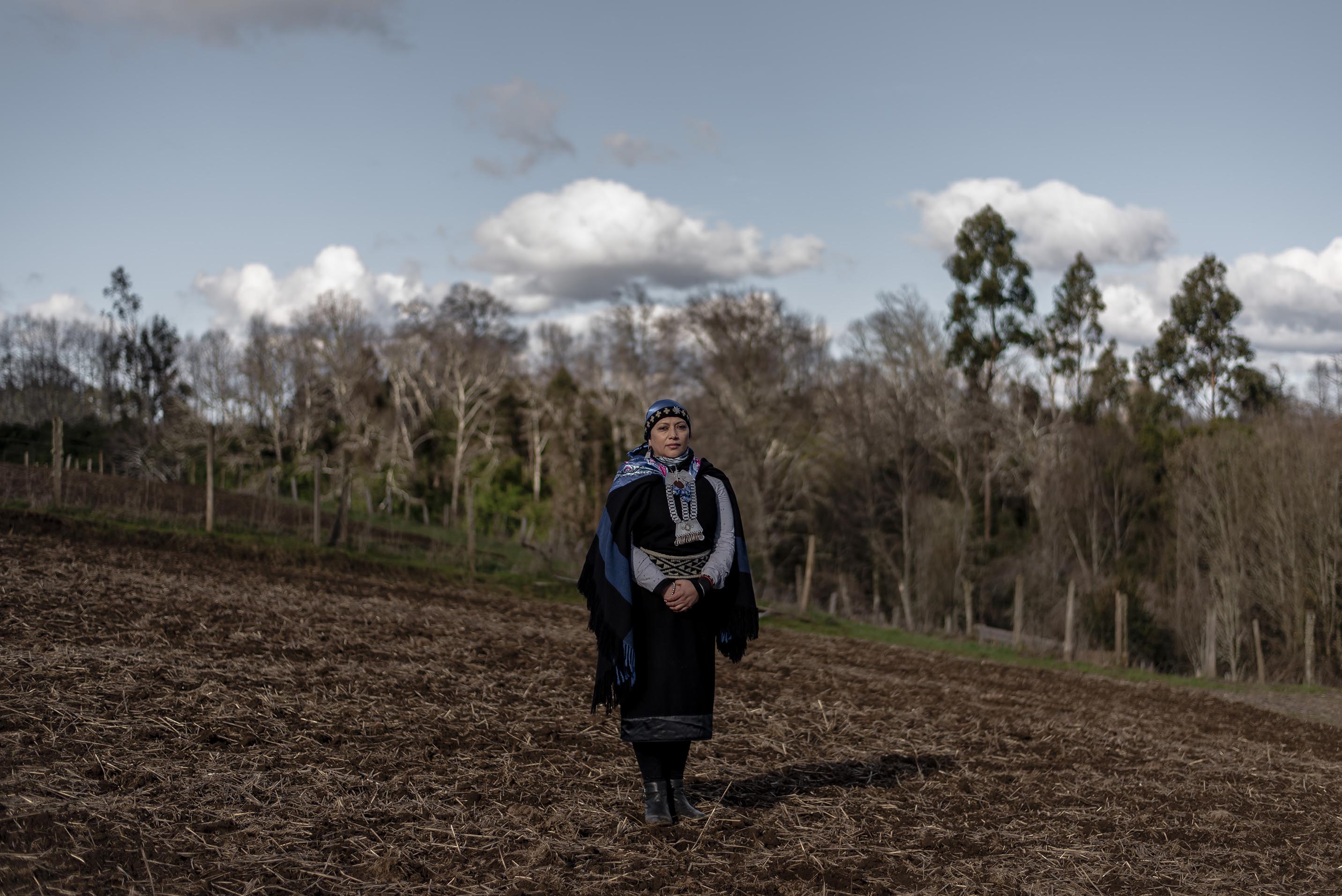
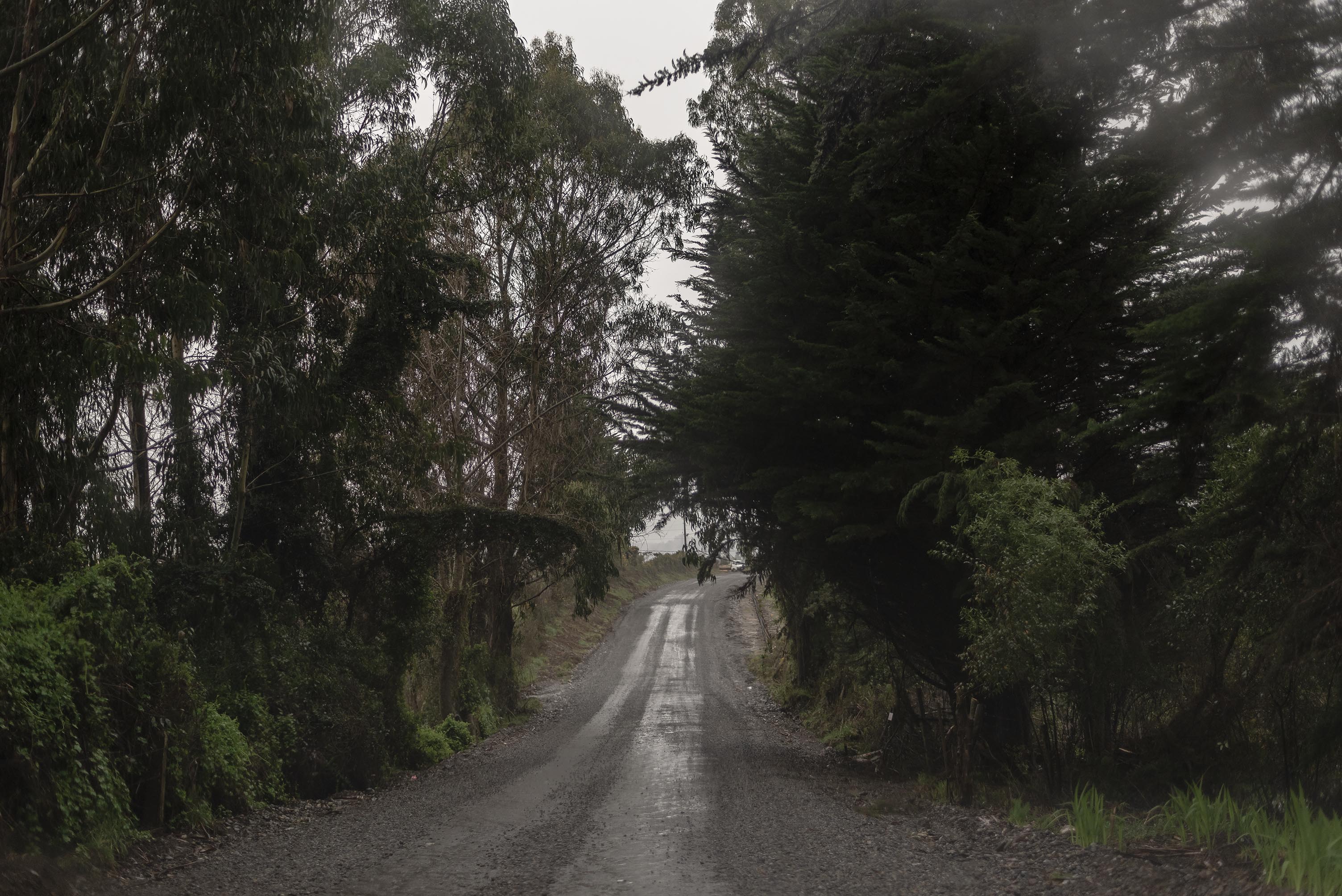
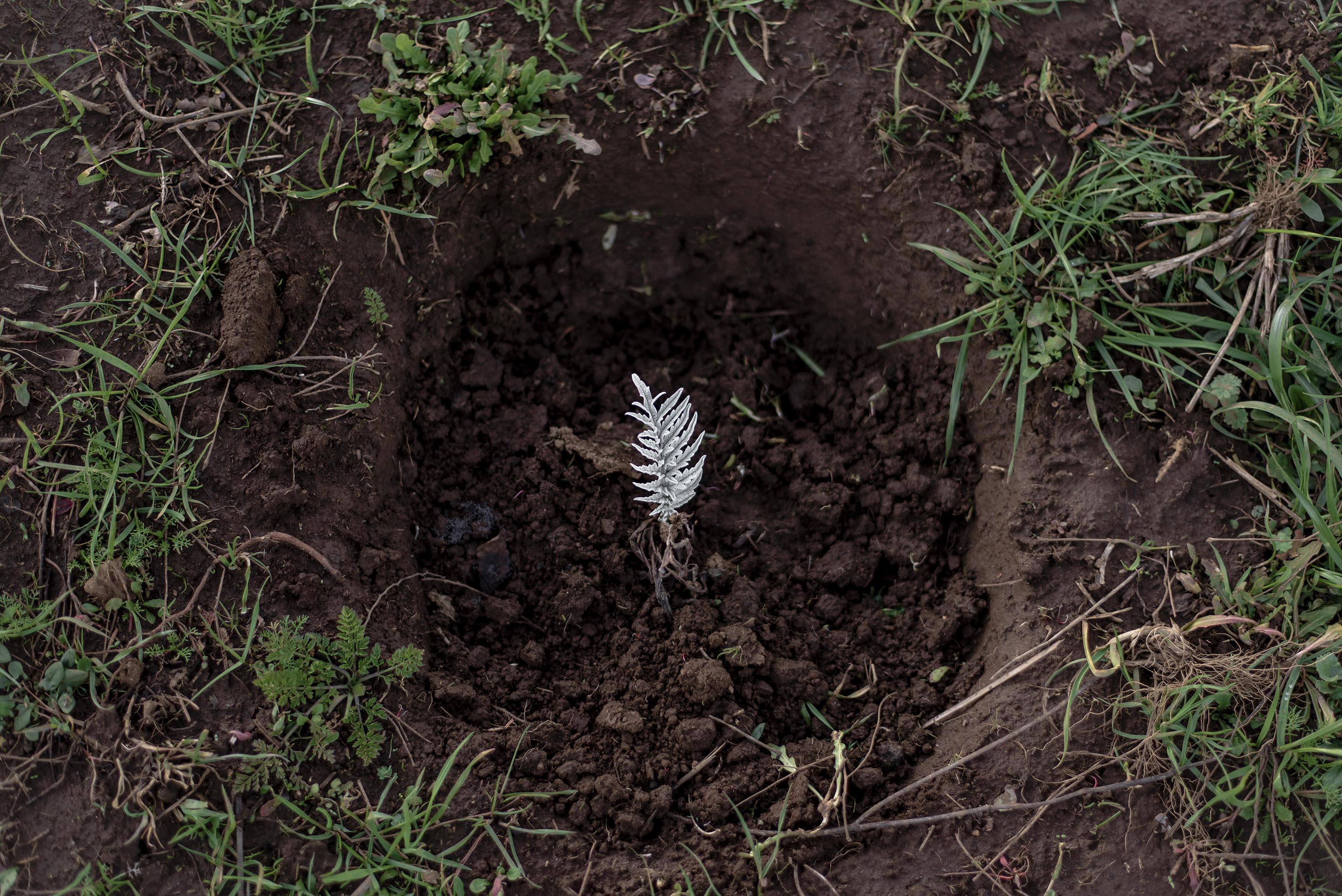
Chile has eight Indigenous Communities, one of them being the Mapuche. Hermo Antilef and his family are Lafkenche, one of the six territorial identities belonging to the Mapuche people. The Lafkenche define their place in the world, their culture, their worldview, and their historical-spiritual identity based on their links with the ocean and water. But that story is being lost.
The youth, in the absence of options for the future, migrate to cities and lose their native tongue. For Hermo, depriving Indigenous People of their languages has been part of the State's strategy to make them disappear completely. He is determined to prevent this from happening. "You cannot let a people who have so much value die," he says. "The Mapuche people have been resistant, steady and strong". Today, they are also organized.
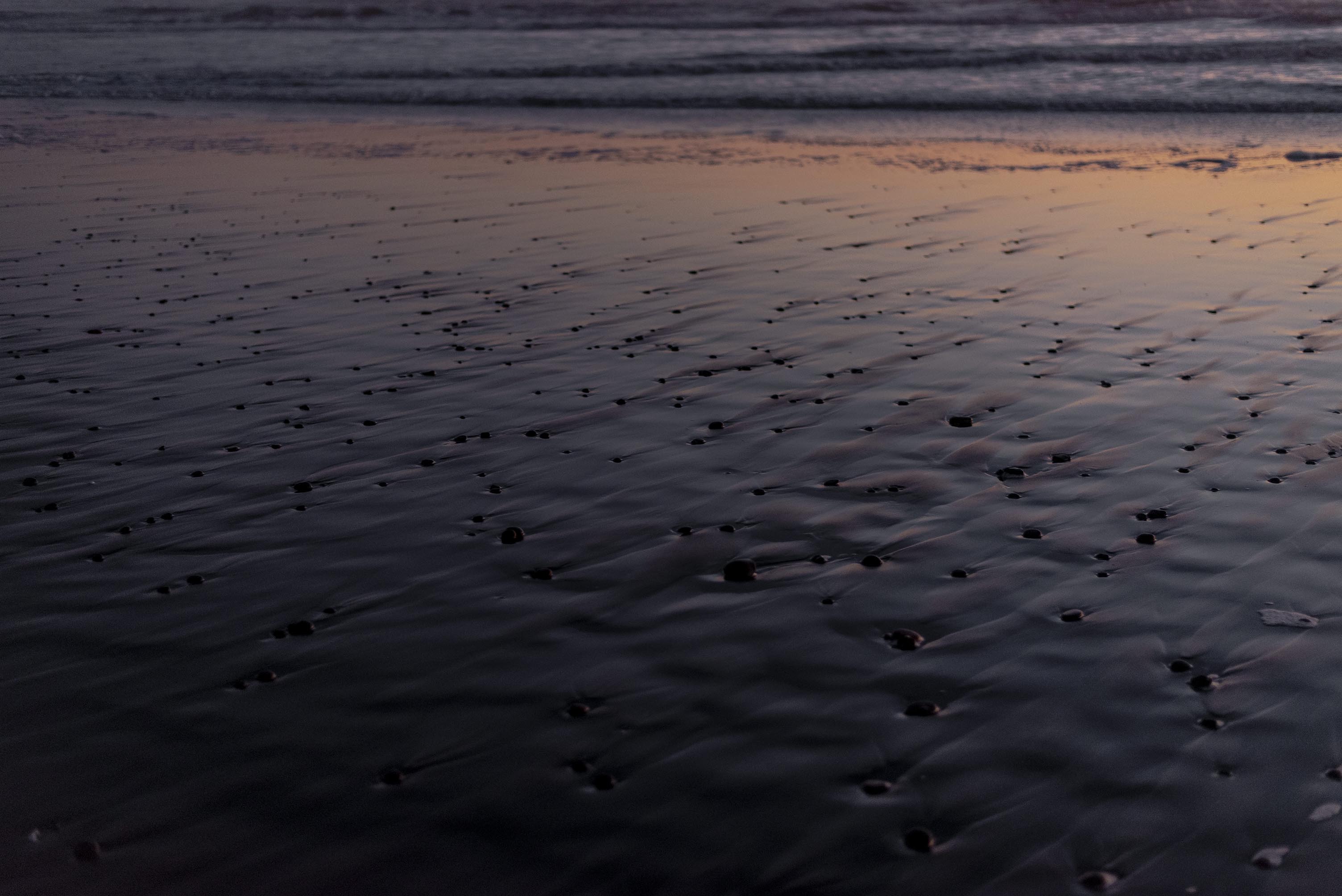
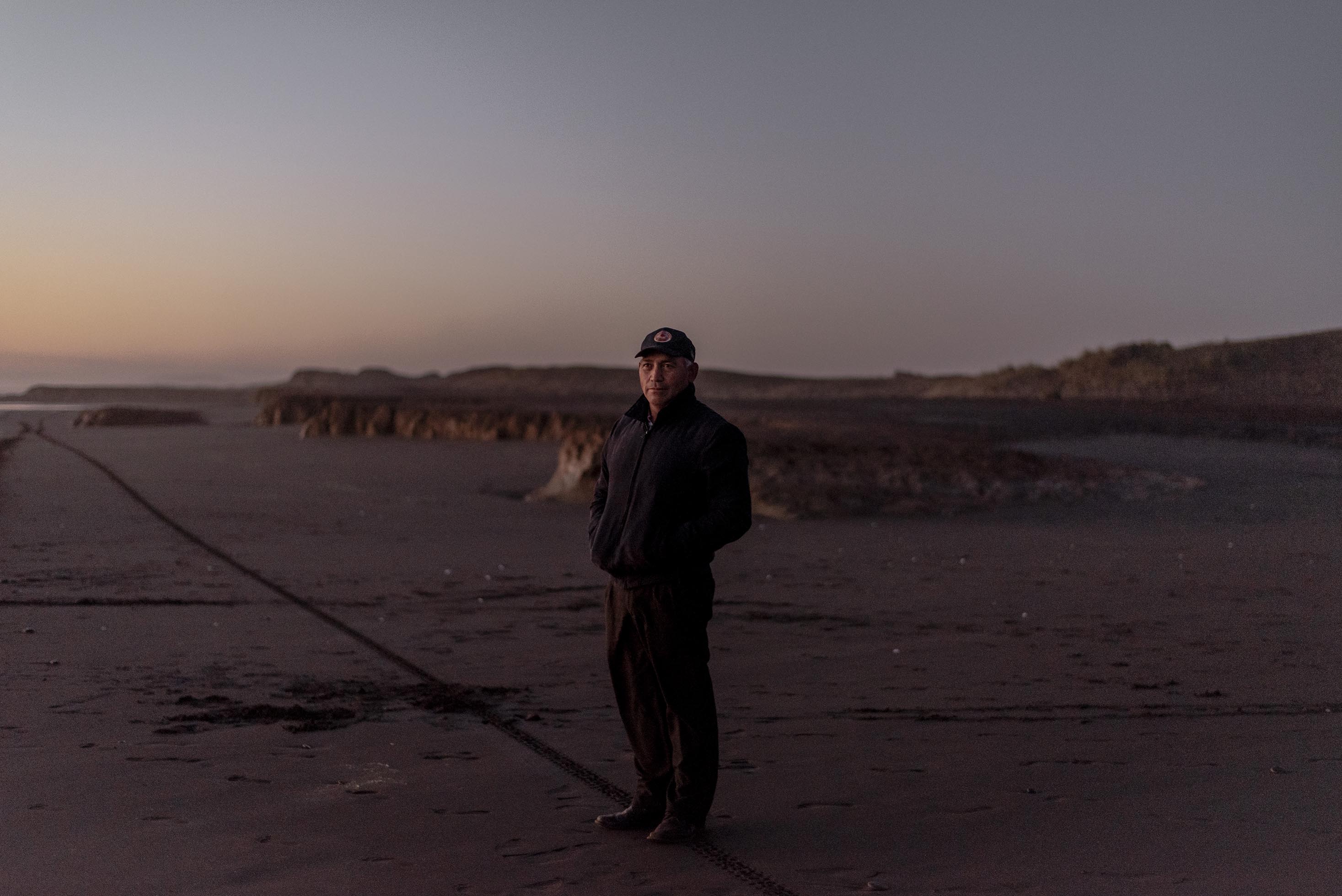

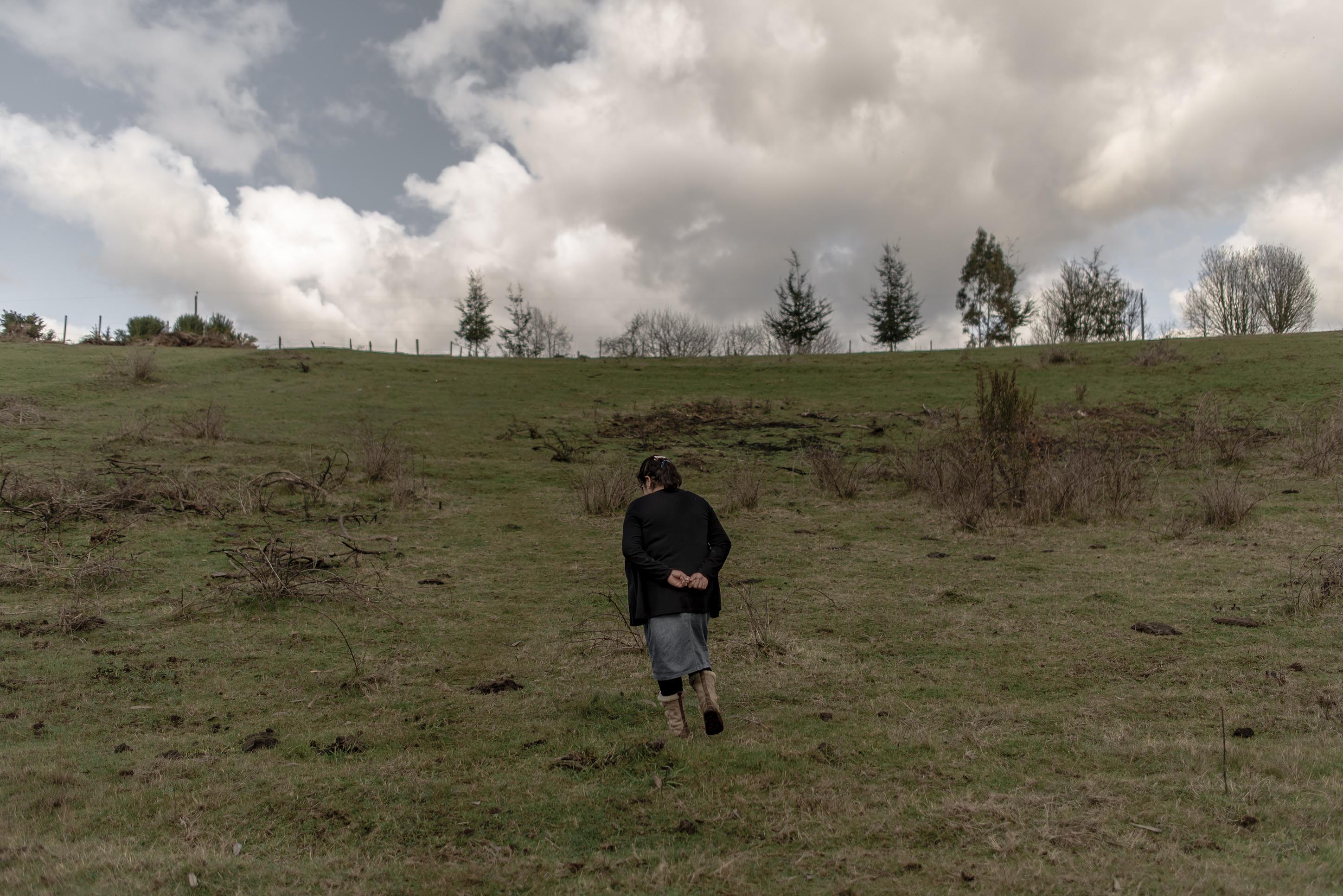
The current Chilean Constitution, a legacy of the military dictator Augusto Pinochet, who ruled Chile from 1974 to 1990, does not mention Indigenous Communities even once, nor does it recognize Chile as a multicultural and multi-ethnic country. To Hermo it seems clear that the social upheaval that began in 2019 shook the State as the people, no longer afraid, rose up to demand their rights.
These massive mobilizations led to a referendum on whether or not Chileans wanted a new Constitution and, if so, what would be the mechanism to draft it. The referendum was successful and Hermo hopes that the new Constitution will recognize Indigenous Peoples and their rights. There are indications that this will be the case: days after this interview with Hermo, the Constitutional Convention elected a Mapuche woman, Elisa Loncón, as its president.

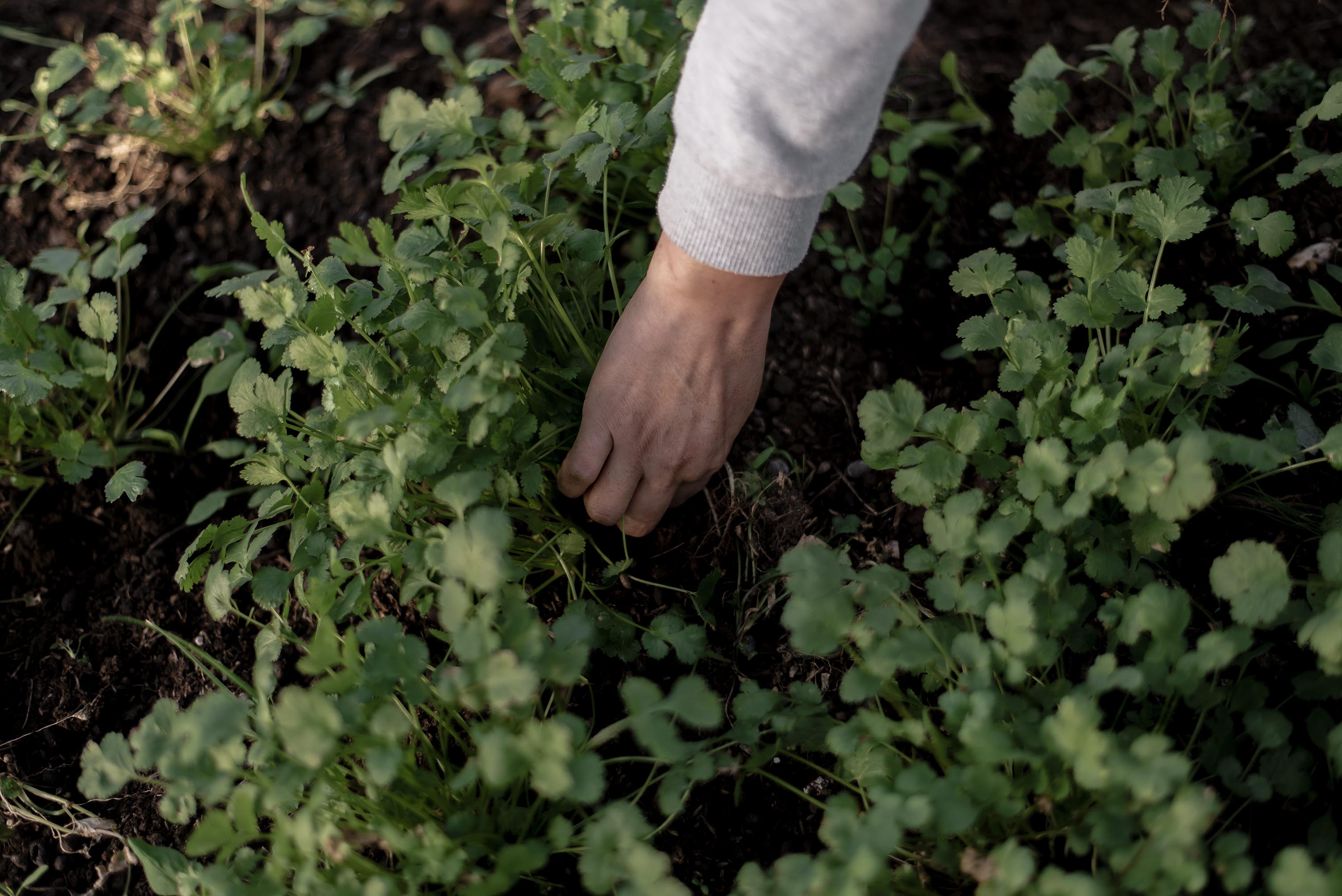
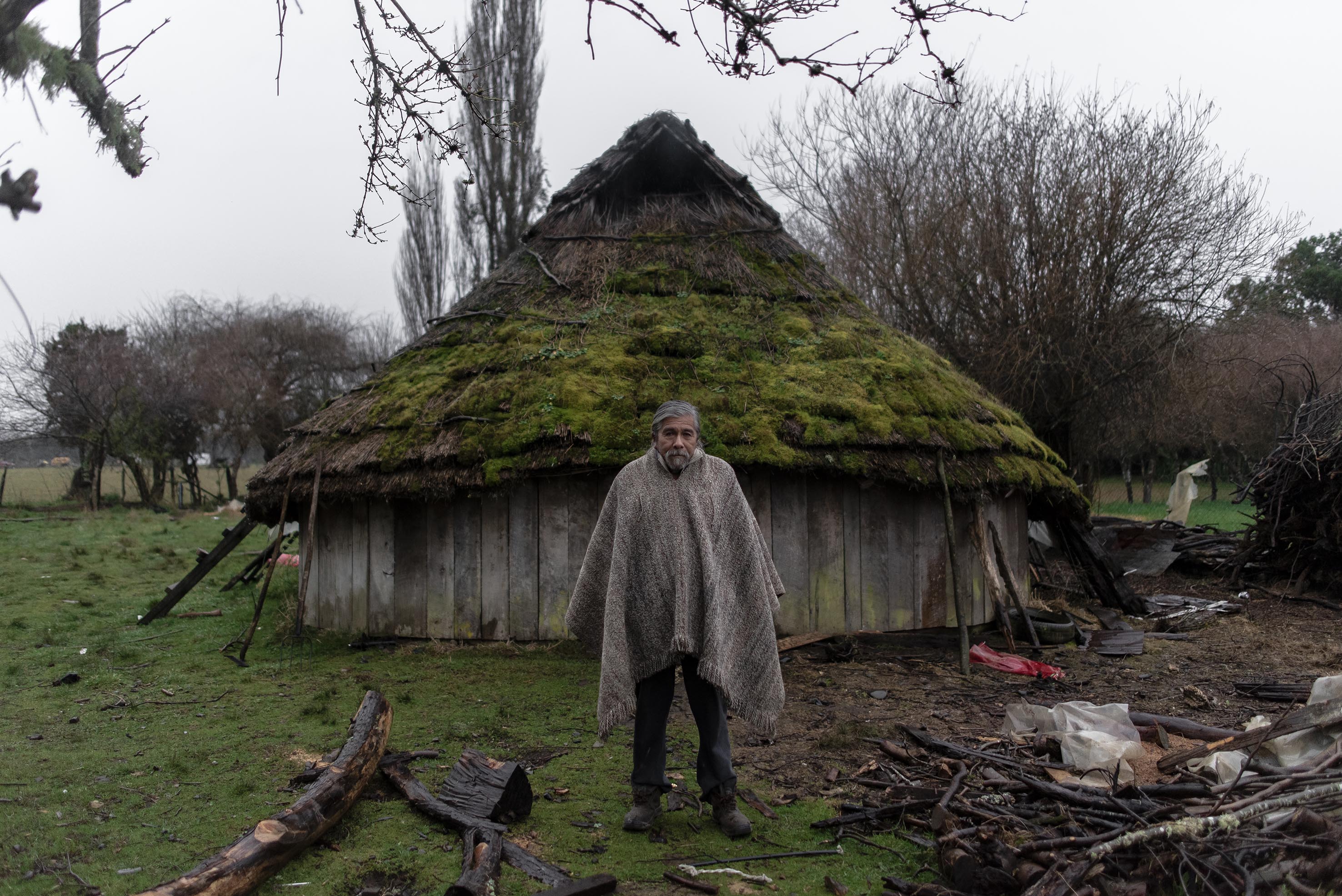
Hermo Antilef is still concerned about lack of opportunities, lack of resources and the State's will to invest in Indigenous Peoples. For example, Teodoro Schmidt’s closest hospital is 100 kilometers away, takes three hours to reach and their traditional medicine is not respected, even though they need it.
The community has access to education, but, as with health, that essential service has been privatized. Prevalent racism also means that, even with the same education, an indigenous child will not be valued the same way by Chilean society as one with "blue eyes," Hermo says.
Hermo's aspiration for his community is that everyone can achieve a healthier diet by consuming what they produce. To achieve this, he believes that you have to know how to take care of the land since without it there is no life. "The land gives birth to you, it feeds you and waits for your return," he says.
For these reasons, Hermo and his community organized and presented a project before the International Fund for Agricultural Development (IFAD). This institution gave them financial support, through its Indigenous Peoples Assistance Facility (IPAF) fund, and the International Indigenous Women’s Forum (FIMI) helped them implement the project. Community members have carried out collective training based on a model of cultural, environment and gender equality to assure that future Lafkenche leaders will have the necessary skills to administer their territories. Though the workshops focused on young people, community members of all ages participated.
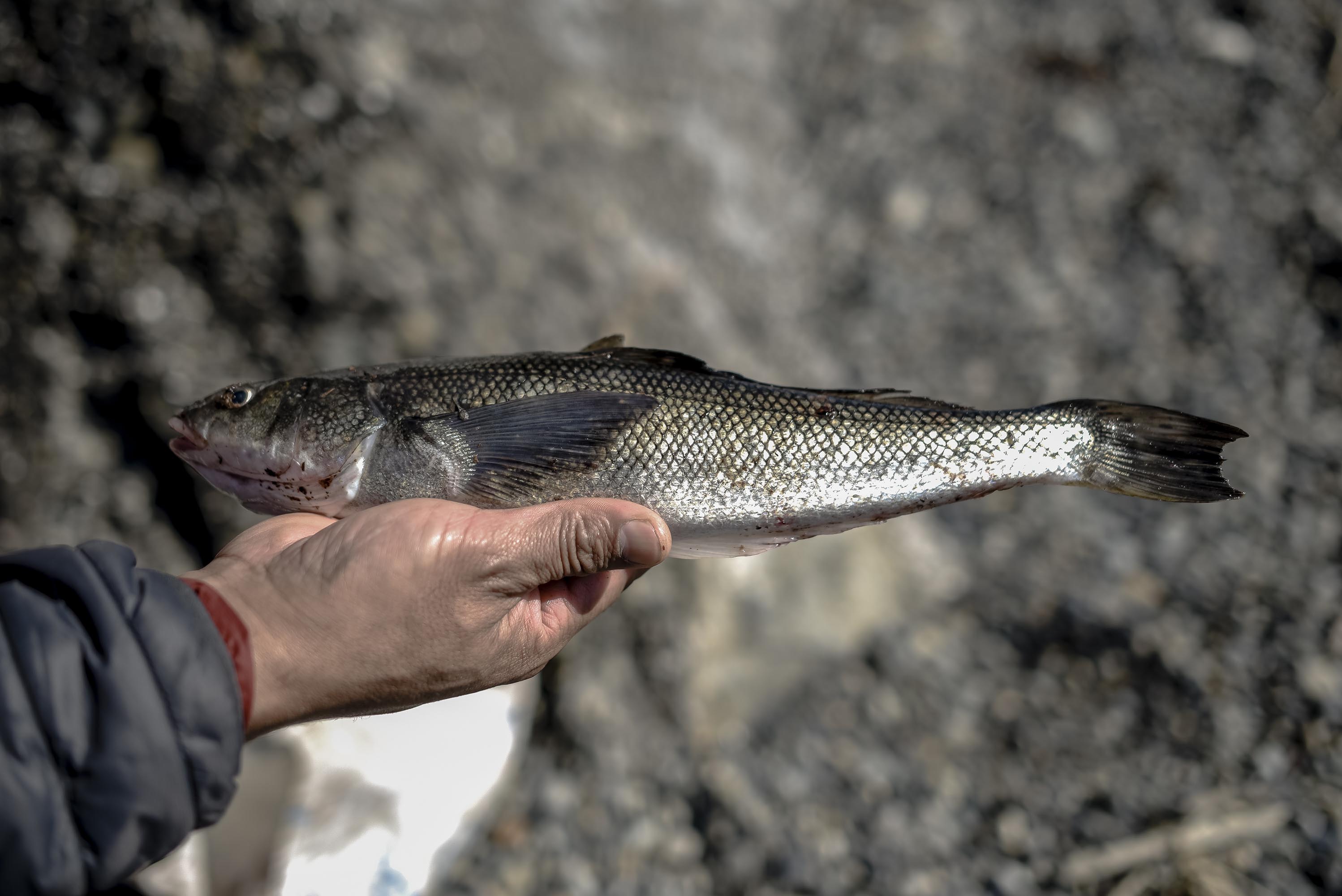
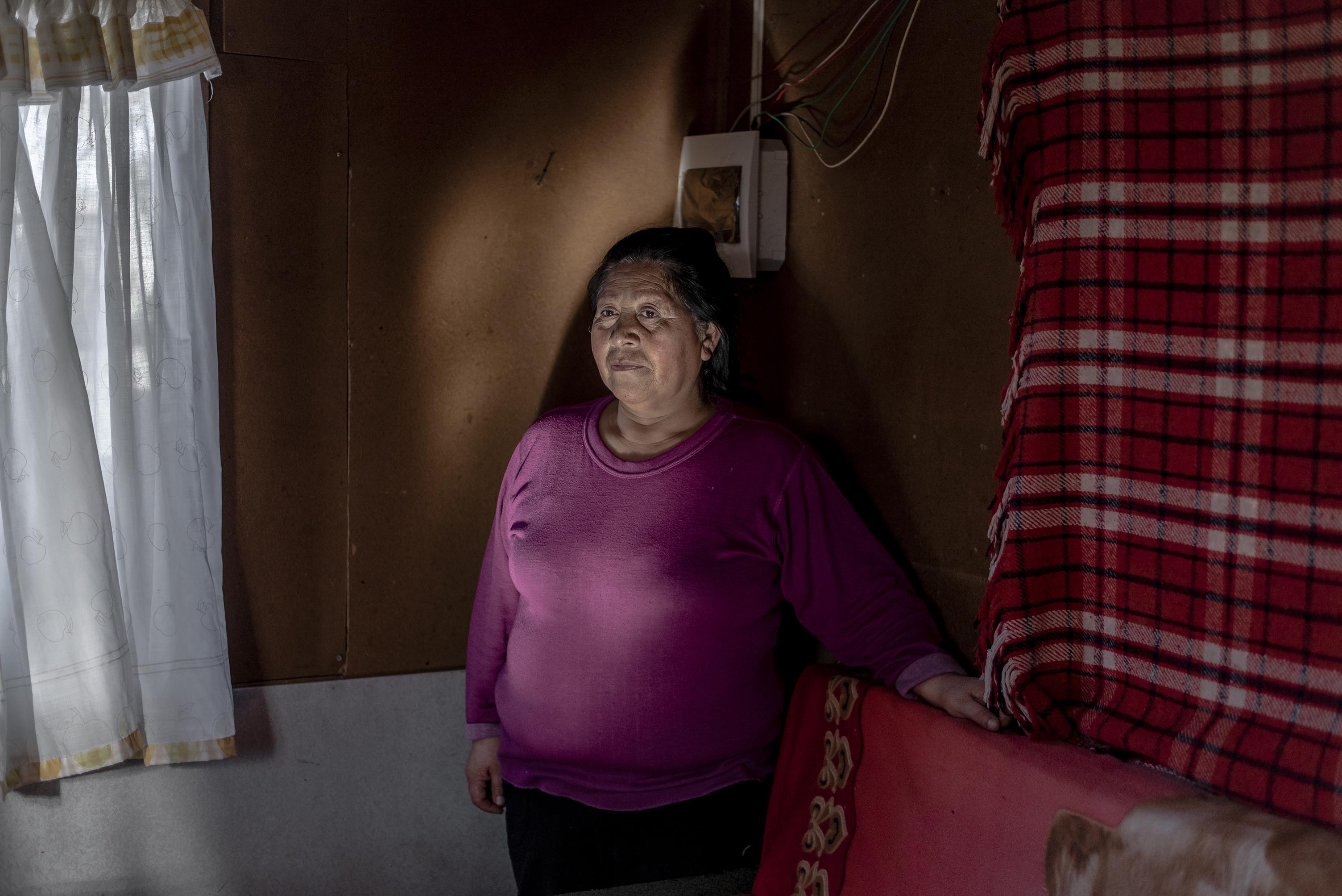

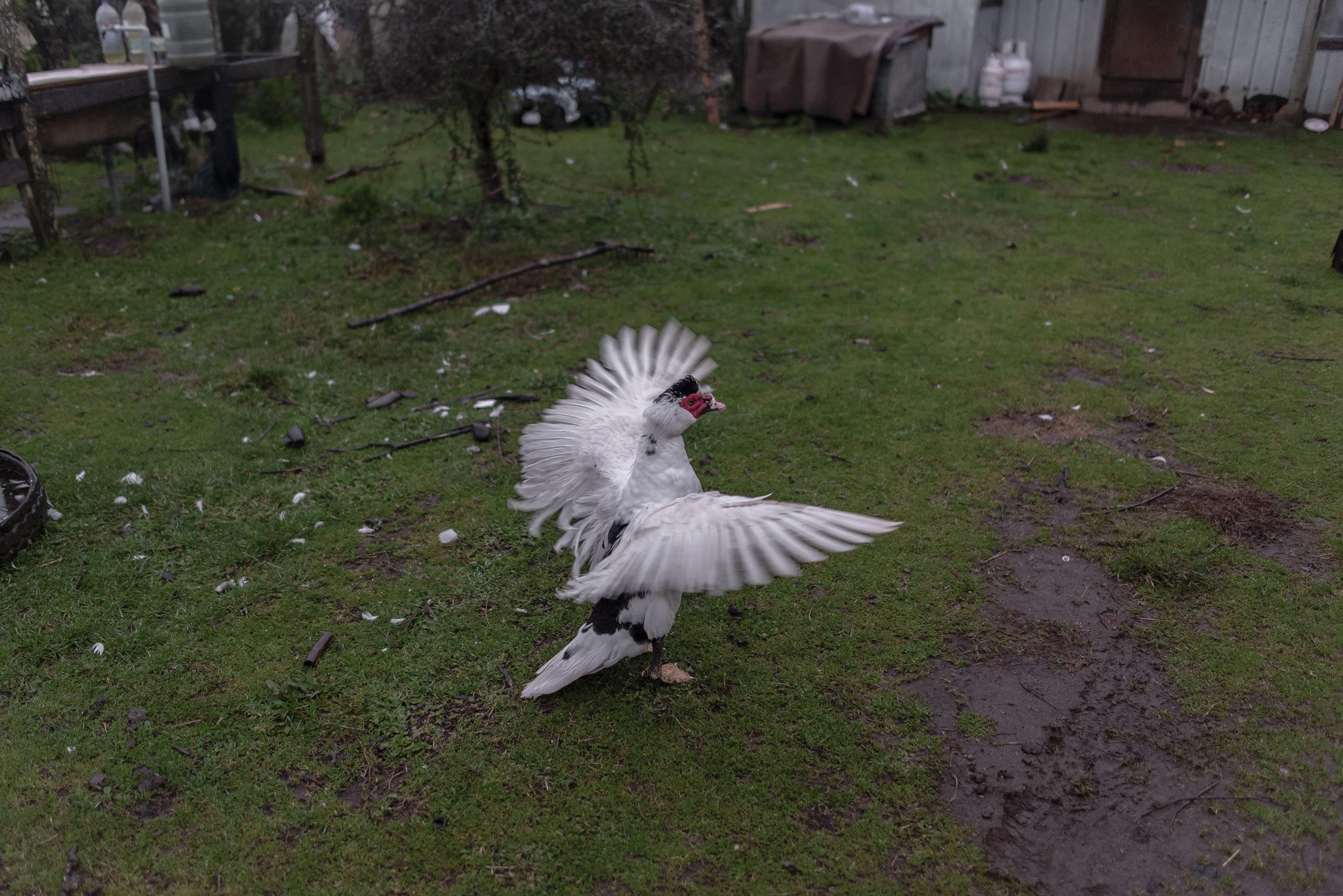
The workshops have left both tangible and intangible results, imparting technical knowledge and new perspectives. Hermo says that "it has helped them to hold their head up and see what they can be and can do." He has a clear goal: for the Indigenous Peoples of Chile to be self-sufficient, free to feed themselves, educate themselves and heal themselves in harmony with nature and on the basis of their cosmovision.
Until that comes to pass, he will continue to respect his land and water, just as his elders taught him. Hermo insists that he is only a human being and that "nature is made perfect." She doesn't need us to take care of her because, on the contrary, she takes care of us. Therefore, he says, we must be responsible with what she gives us. There is, in the Lafkenche community, a term for this attitude of respect for all life: Ixtrofil Mögen (well-being).
